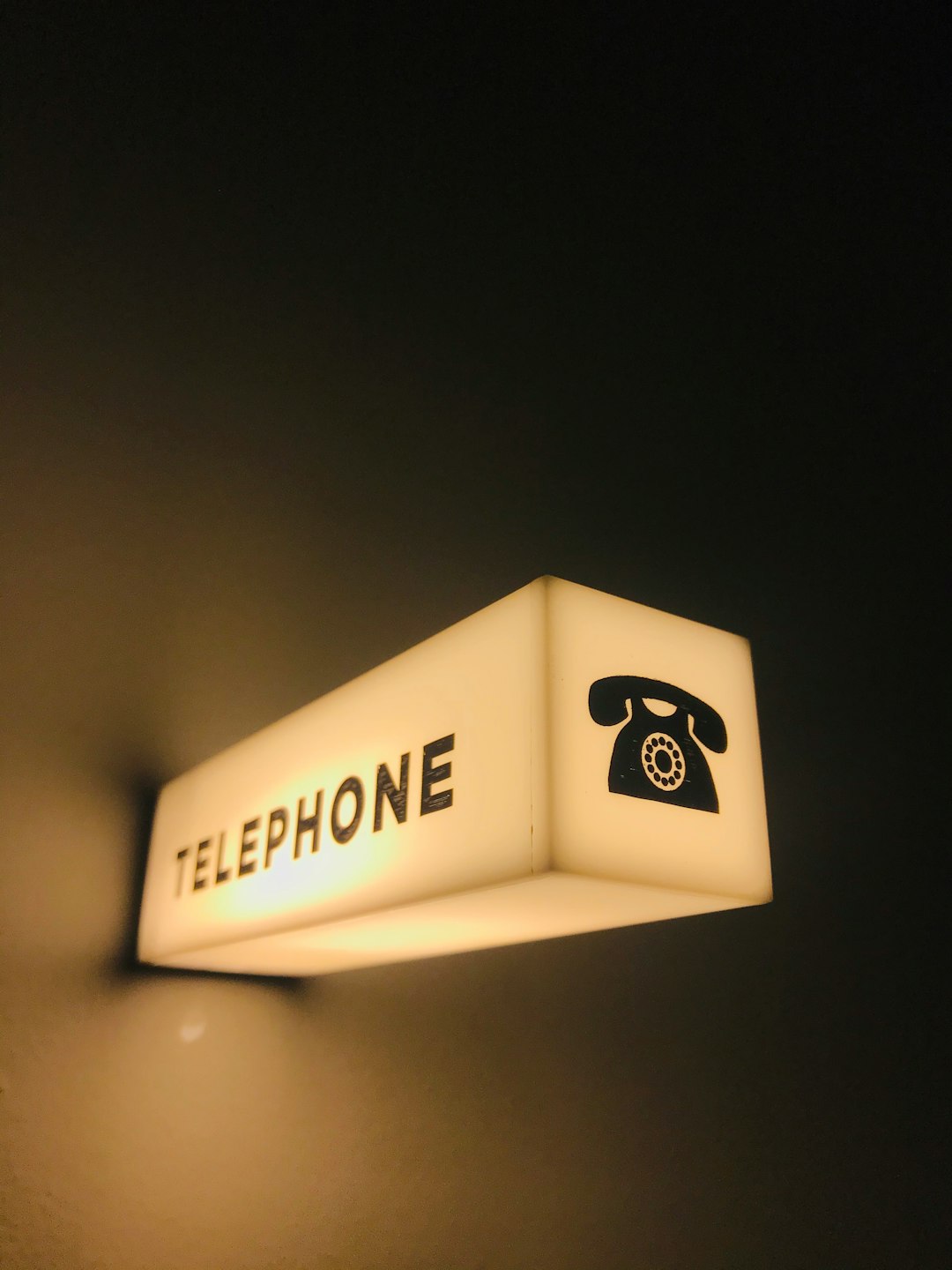Adhering to stringent Do Not Call laws in Maine is crucial for businesses to avoid legal issues. These laws, enforced by the FTC and Maine Attorney General's Office, protect residents from unwanted telemarketing through the Telemarketing Sales Rule (TSR) and state-specific regulations. Businesses must comply with both federal and state laws, potentially needing specialized guidance from Do Not Call Lawyers Maine or Attorneys to navigate spam call law firms and avoid penalties like fines and reputational damage. Engaging legal specialists for policy drafting, procedure implementation, and staff training is recommended for full compliance and positive customer relationships.
“In Maine, understanding and adhering to Do Not Call laws are crucial for businesses aiming to maintain customer relations and avoid legal pitfalls. This comprehensive guide delves into the intricate world of Maine’s telecommunications regulations, particularly focusing on Do Not Call laws. We compare federal vs. state requirements, highlighting key differences that shape business compliance strategies. From navigating spam call restrictions to exploring legal support options with specialized Do Not Call lawyers in Maine, this article equips businesses with essential knowledge for success.”
Understanding Do Not Call Laws in Maine: A Comprehensive Overview

In Maine, understanding and adhering to Do Not Call laws is essential for businesses aiming to maintain compliance and avoid legal repercussions. These regulations, enforced by the Federal Trade Commission (FTC) and the Maine Attorney General’s Office, protect consumers from unwanted telephone solicitations. The Telemarketing Sales Rule (TSR), a federal law, sets guidelines for telemarketers across the nation, including restrictions on calls to individuals who have registered their phone numbers on the National Do Not Call Registry.
Maine has its own state-specific regulations that complement these federal rules. Local Do Not Call laws in Maine prohibit businesses from making telephone solicitations to residents who have registered their numbers. Consumers can register their voices by listing their phone numbers with the National Registry and the Maine Do Not Call List. Businesses that violate these laws, often through spam calls, may face penalties and are advised to consult a Do Not Call Lawyer or Attorney in Maine to ensure they remain compliant, protecting both their interests and those of their customers.
Federal vs. State Compliance Requirements: Key Differences for Businesses

When it comes to running a business in Maine, understanding the compliance landscape is crucial. One key aspect to navigate is the distinction between federal and state do not call laws, which significantly impact how businesses interact with their customers. The Federal Telecommunications Act (FTC) and the Maine Business Opportunity Law (MBOL) both regulate telemarketing practices, but they differ in important ways.
For instance, while both laws aim to protect consumers from unwanted calls, MBOL is more stringent regarding call frequency and requires businesses to obtain written consent for repeated contact. Additionally, the FTC focuses on preventing fraudulent or abusive practices, whereas MBOL specifically addresses the volume of calls received by residents. Businesses operating in Maine must comply with both sets of regulations, often requiring specialized legal guidance, especially when dealing with spam call law firms or seeking to ensure adherence to do not call laws Maine.
Navigating Spam Call Regulations: Legal Implications and Best Practices

Navigating Spam Call Regulations involves understanding both federal and state laws, as business owners in Maine must comply with strict guidelines to protect their customers from unwanted telephone solicitations. The Do Not Call Laws in Maine, enforced by the Attorney General’s Office, are designed to give residents control over their phone lines. Businesses must be mindful of these regulations, particularly when marketing initiatives include phone calls. Engaging a Do Not Call Lawyer Maine or consulting with a Spam Call law firm Maine is a prudent step to ensure full compliance.
Best practices include maintaining an accurate and up-to-date Do Not Call list, obtaining explicit consent for calls, and providing a clear and easy opt-out mechanism during each communication. Violating these rules can lead to significant legal implications, including fines and damage to a company’s reputation. Understanding the nuances of Do Not Call Laws Maine is essential for any business looking to avoid costly mistakes and maintain customer satisfaction.
Finding the Right Legal Support: Choosing a Lawyer for Do Not Call Law Matters in Maine

When it comes to navigating the complex world of do not call laws and ensuring compliance in Maine, finding the right legal support is paramount. Businesses operating within the state must adhere to strict regulations regarding unsolicited phone calls, and engaging a specialist Do Not Call Lawyer Maine or Do Not Call Attorney Maine can provide invaluable guidance.
These legal professionals are equipped to assist with understanding and interpreting the Do Not Call Laws Maine, ensuring your business avoids any costly mistakes or penalties. A reputable Spam Call law firm Maine will have in-depth knowledge of the regulatory framework, enabling them to offer tailored solutions for effective compliance management. They can help draft policies, implement procedures, and provide training to protect your company from unauthorized calls, thereby fostering a positive customer experience.






